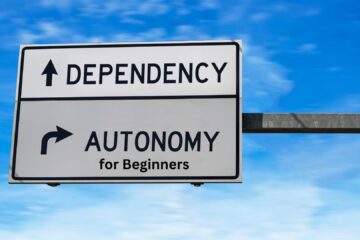As a corporate micro-city, Potsdamer Platz illustrates a pair of correlated trends: the rise of service workers who maintain these corporate cities and serve their exclusive clientele, and efforts to make these workers and their labor invisible. Priced out of the city center, these employees live far from Potsdamer Platz, and once at work, they’re kept belowground and out of sight. Below the skyscrapers one finds basements deep under the ground with service centers, garbage collection points and workers. If the overseers, investors, politicians and architects behind Potsdamer Platz are right that the complex represents the future of city life, we must examine the implications of this segregation. Who works here, and what does it mean for them and for the society that they are kept out of sight underground?
Looking beyond the shiny surface of Potsdamer Platz, a designer micro-city within Berlin’s city center, this book goes behind-the-scenes with the cleaners who pick up cigarette butts from sidewalks, scrape chewing gum from marble floors, wipe coffee stains from office desks and scrub public toilets, long before white-collar workers, consumers and tourists enter the complex. It follows Costas’s journey to a large yet hidden, four-level deep corporate underworld below Potsdamer Platz. There, Costas discovers how cleaners’ attitudes to work are much less straightforward than the public perceptions of cleaning as degrading work would suggest. Cleaners turn to their work for dignity yet find it elusive. The book explores how these cleaners’ dramas of dignity unfold in interactions with co-workers, management, clients and the public. The book will appeal to students and academics in the fields of organisational theory, organisational behavior, organisation studies, sociology, social anthropology, cultural studies and urban studies.




















